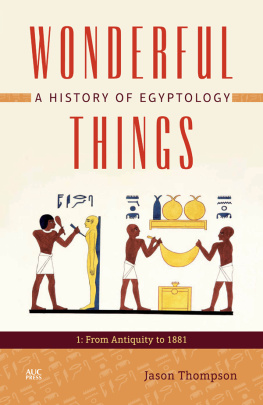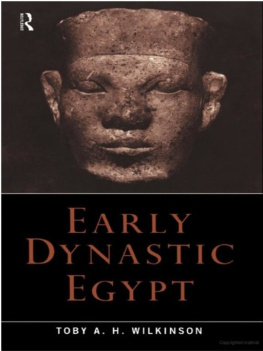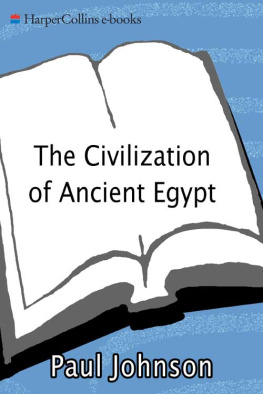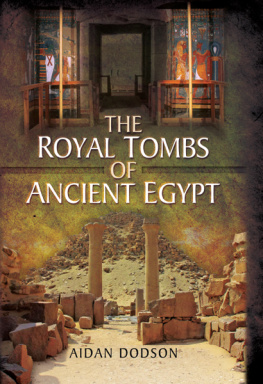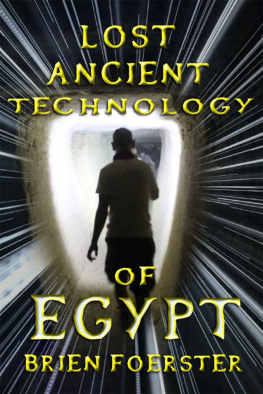T.D. van Basten
2016 All Rights Reserved
Copyright 2016 by T.D. van Basten - All rights reserved.
This document is geared towards providing exact and reliable information in regards to the topic and issue covered. The publication is sold with the idea that the publisher is not required to render accounting, officially permitted, or otherwise, qualified services. If advice is necessary, legal or professional, a practiced individual in the profession should be ordered.
- From a Declaration of Principles which was accepted and approved equally by a Committee of the American Bar Association and a Committee of Publishers and Associations.
In no way is it legal to reproduce, duplicate, or transmit any part of this document in either electronic means or in printed format. Recording of this publication is strictly prohibited and any storage of this document is not allowed unless with written permission from the publisher. All rights reserved.
The information provided herein is stated to be truthful and consistent, in that any liability, in terms of inattention or otherwise, by any usage or abuse of any policies, processes, or directions contained within is the solitary and utter responsibility of the recipient reader. Under no circumstances will any legal responsibility or blame be held against the publisher for any reparation, damages, or monetary loss due to the information herein, either directly or indirectly.
Respective authors own all copyrights not held by the publisher.
The information herein is offered for informational purposes solely, and is universal as so. The presentation of the information is without contract or any type of guarantee assurance.
Introduction
Our fascination with ancient Egypt actually extends back to the dynastic periods itself. Royal family members and key princes during some New Kingdom eras were very interested in the mysterious and storied history of their home land and worked to preserve monuments, stories, temples, etc. When the Arabs finally ended the Egyptian culture, for all intents and purposes, the interest in the history of the nation did not die with the end of dynastic Egypt. The Arabs themselves were highly fascinated with the enduring and rather strange culture they bore witness to.
What most of us would consider to be the academic study of ancient Egypt, Egyptology, is thought to have begun during the invasion of Napoleon and the French. We know that Napoleon had a keen interest in ancient Egypt and after his successful invasion, he wished to learn as much about this mystical land as he could. He sent out a bevy of scholars and researchers to document everything they could about the monuments, culture, and administration of this land.
The lack of ability to understand the written Egyptian language made it difficult to do much more than try to make assumptions about these peoples based on context. We could derive some logical conclusions from grave goods, monuments, art work, etc., but actual details about ancient Egypt was more the stuff of speculation before the discovery and subsequent deciphering of the Rosetta Stone, which allowed us to begin to read the words of the ancient Egyptians themselves.
Napoleon's love for Egypt quickly spread with the publication of The Description of Egypt, which was the culmination of the research done by his men. This allowed the western world its first tantalizing glimpse into the majesty of ancient Egypt and we were immediately hooked. This book is thought to have sparked off the phenomena called Egyptomania, which can really be said to continue to this day.
The 19 th and early 20 th centuries were seen by some as the heyday of Egyptology. It was during this time that massive and sophisticated constructions were excavated from the sands of the desert. We found amazing towns, temples, and other complex structures that still baffle many scholars to this day. With the improvement of archaeological practices, we learned the value of careful and thorough investigation of sites as this would add to the richness and depth of our understanding.
Now, in the 21 st century, much about the ancient Egyptians is still not known. As our technology advances, particularly DNA analysis and non-invasive scanning, we are learning even more about this magical land. These technologies have given us glimpses into the lives and deaths of the Egyptians in a way that simply could not have been imaged a few hundred years ago. Our scans are showing a number of interesting anomalies that beg for further investigation, as well as the tantalizing clues to, perhaps, a previously undiscovered chamber in the tomb of the boy-King Tut, It is certainly an exciting time to be a scholar of ancient Egypt.
Table of Contents
I:
II:
III:
IV:
V:
I

The Foundations of Egyptology

Most people understand Egyptology to be a field of study that is concerned with the dynastic historical periods of ancient Egyptian history which includes the Old Kingdom, Intermediate Periods, and New Kingdom. This is an accurate assumption, but the field of study actually includes a varied number of interdisciplinary approaches. The study of Egyptology is mainly concerned with the region of the Nile Delta from the 5 th century B.C to the 7 th century A.D. This encompasses the dynastic period up until the conquest by the Arabs.
Traditionally, Egyptology is seen as either a philosophical area of study or an archaeological one. There are actually a number of different disciplines that are included within the field of Egyptology and a wide array of skills that the average Egyptologist must possess in order to do their job. While it may, at first, feel like a fairly narrow focus of study, one finds that Egyptology is actually incredibly multifaceted.
While we think of Egyptology as a western pursuit, it actually has far older roots. We see an interest in the study and preservation of ancient Egyptian history even back during the New Kingdom dynastic times and after the takeover by the Greeks. Pharaohs such as Thutmose IV are said to have restored the Sphinx (one of many times this world treasure was dug out of the sands and repaired in various ways). One of Ramses the Great's many sons was known to have a passion for the restoration and preservation of the history of his nation and was involved in the repair and restoration of many different monuments, including the pyramids at Giza. Even Egypt's royal families during the New Kingdom had a fascination with their roots and history.

The Pyramids of Giza, vintage engraved illustration. One of Ramses the Great's many sons was known to have a passion for the restoration and preservation of the history of his nation and was involved in the repair and restoration of many different monuments, including the pyramids at Giza.
In an academic sense, the earliest roots of the study of ancient Egypt and its storied history came with the invasion of the Greeks. A number of famous Greek historians and philosophers wrote about Egypt. The so-called father of history, Herodotus, wrote of Egypt, as did Strabo. Perhaps most famously of all the Greek writers of Egyptian history is the Ptolemaic priest, Manetho, who's history still provides the base of a good deal of study of ancient Egyptian history. Although, through the words of other historians, because sadly, the writings of Manetho were lost in history. We only have others accounts of Manetho's works to base our understanding of this time on, but these, while they may be incomplete, have proven invaluable in our understanding of these ancient peoples.


